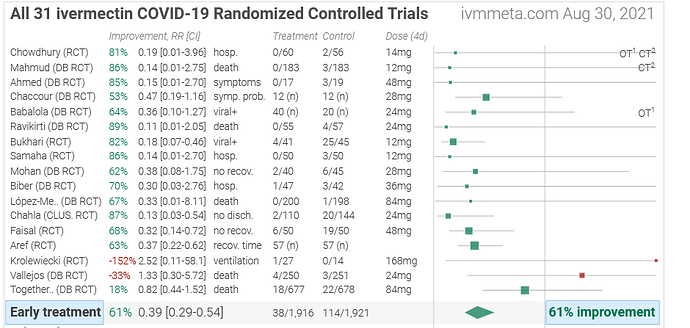Seemingly yes. A very interesting article from 2015 on how so called “leaky vaccines” - those that prevent serious illness, but do not stop transmission (sound familiar?) - can lead to more virulent strains of the pathogen circulating. H/T Robert Malone via LinkedIn
The bad news (as the article points out) is that those who choose not to get vaccinated are at ever greater risk of dying from the more and more virulent strains that might get selected for by the vaccinated population.
Yet another reason why I wish we had taken a more serious approach (globally) to this virus, and followed Indy Sage’s advice from the beginning. We are storing up serious trouble for ourselves in the future… These kinds of “arms race” games against nature rarely work in our favour!
" Andrew Read from Pennsylvania State University thinks that the vaccines were responsible. The Marek’s vaccine is “imperfect” or “leaky.” That is, it protects chickens from developing disease, but doesn’t stop them from becoming infected or from spreading the virus. Inadvertently, this made it easier for the most virulent strains to survive. Such strains would normally kill their hosts so quickly that they’d die out. But in an immunised flock, they can persist because their lethal nature has been neutered. That’s not a problem for vaccinated individuals. But unvaccinated birds are now in serious trouble"
<snip>
“The duo infected vaccinated and unvaccinated chicks with five different strains of Marek’s virus, of varying virulence. They found that when unvaccinated birds are infected with mild strains, they shed plenty of viruses into their surroundings. If they contract the most lethal strains, they die before this can happen, and their infections stop with them. In the vaccinated chicks, this pattern flips. The milder strains are suppressed but the lethal ones, which the birds can now withstand, flood into the environment at a thousand times their usual numbers.”
Looks like an interesting way to take an already dangerous virus (SC2) and make it even more deadly without all that expensive gain of function research.


 ) so if we’re talking about vaccine risk you have to look at previous vaccines. It goes back to a point I keep raising - is the onus on those concerned to prove certain disaster will happen before a risk is even accepted? The rushed vaccines completely flout the Precautionary Principle - is this not a concern to a fellow PP?
) so if we’re talking about vaccine risk you have to look at previous vaccines. It goes back to a point I keep raising - is the onus on those concerned to prove certain disaster will happen before a risk is even accepted? The rushed vaccines completely flout the Precautionary Principle - is this not a concern to a fellow PP? 
 . Yes, it seemed pretty level headed to me too.
. Yes, it seemed pretty level headed to me too.